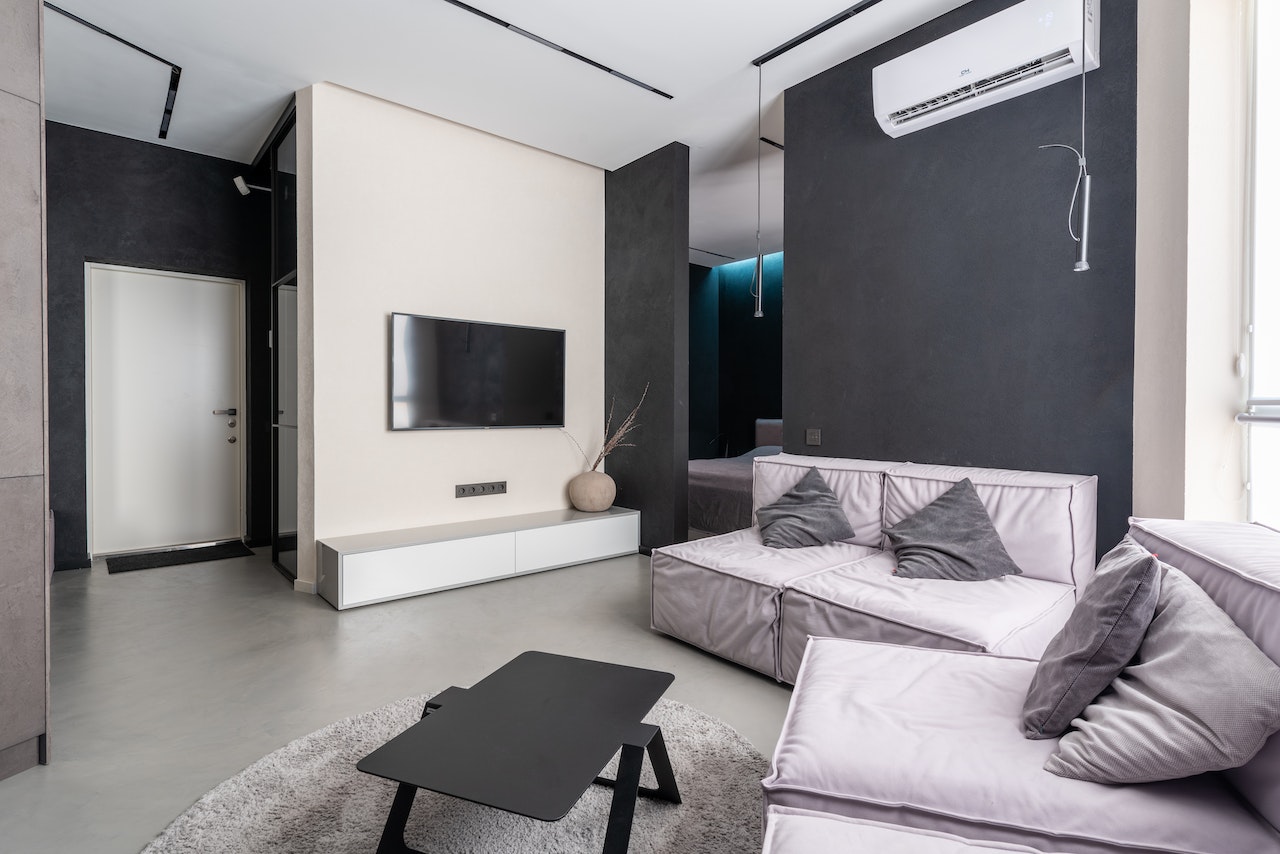Temperature Control Made Smarter:
The Key to Home Comfort and Efficiency

In the ever-evolving landscape of home technology, the quest for comfort and efficiency remains a top priority for homeowners. Among the myriad of innovations, smart temperature control systems, including the smart AC controller, have emerged as a game-changer, offering unparalleled convenience, energy savings, and personalized comfort. From intuitive thermostats to advanced HVAC systems, the integration of smart technology into home climate control has revolutionized the way we manage our indoor environment. In this article, we explore how smart temperature control, facilitated by devices like the smart AC controller, is reshaping the modern home, enhancing comfort, and driving energy efficiency.
The Evolution of Home Climate Control
Gone are the days of manually adjusting thermostats or relying on outdated HVAC systems to maintain a comfortable indoor temperature. With smart temperature control solutions, homeowners can now exert precise control over their home's climate from anywhere, at any time. This level of convenience is made possible through the integration of sensors, connectivity, and intelligent algorithms, enabling automated adjustments based on factors such as occupancy, weather conditions, and user preferences.
Personalized Comfort at Your Fingertips
One of the most significant advantages of smart temperature control is its ability to deliver personalized comfort tailored to individual needs and preferences. Advanced algorithms analyze historical usage patterns and user input to optimize temperature settings, ensuring that every corner of the home remains consistently comfortable. Whether you prefer a cozy warmth during winter evenings or a refreshing coolness on hot summer days, smart temperature control systems adapt seamlessly to your lifestyle, creating a personalized climate experience that enhances overall well-being.
Energy Efficiency Redefined
Beyond comfort, smart temperature control is also synonymous with energy efficiency, offering substantial savings on utility bills while minimizing environmental impact. By leveraging occupancy sensors and learning algorithms, these systems intelligently adjust temperature settings to optimize energy usage without compromising comfort. For example, when occupants are away, the system can automatically adjust the temperature to reduce heating or cooling demand, ensuring efficient operation and lower energy consumption. Additionally, real-time energy monitoring capabilities provide valuable insights into usage patterns, empowering homeowners to identify opportunities for further optimization and conservation.
Seamless Integration and Connectivity
Another hallmark of smart temperature control systems is their seamless integration with other smart home devices and platforms, creating a cohesive ecosystem that enhances overall functionality and convenience. Through Wi-Fi connectivity and compatibility with popular smart home platforms like Amazon Alexa, Google Assistant, and Apple HomeKit, users can control their temperature settings using voice commands or remotely via smartphone apps. This level of interoperability enables homeowners to create customized automation routines, such as syncing temperature adjustments with their daily schedule or integrating with smart blinds for optimal energy efficiency and comfort.
Enhanced Comfort and Health Benefits
In addition to maintaining optimal temperature levels, smart temperature control systems offer a range of features designed to enhance comfort and promote better indoor air quality. Advanced filtration systems, humidity control, and air purification technologies work in tandem to create a healthier indoor environment, reducing allergens, pollutants, and airborne contaminants. By actively monitoring and managing indoor air quality, these systems help alleviate respiratory issues, enhance sleep quality, and contribute to overall health and well-being.
The Future of Home Climate Control
As technology continues to advance, the future of home climate control holds even greater promise, with innovations poised to further enhance comfort, efficiency, and sustainability. Artificial intelligence and machine learning algorithms will play an increasingly significant role, enabling predictive temperature adjustments based on user behavior, weather forecasts, and environmental conditions. Integration with renewable energy sources, such as solar panels and geothermal heating, will further reduce reliance on traditional energy sources, making smart temperature control systems an integral component of the sustainable home of tomorrow.
Conclusion
In conclusion, smart temperature control represents a paradigm shift in home climate management, offering unparalleled comfort, efficiency, and convenience. By leveraging the power of sensors, connectivity, and intelligent algorithms, these systems empower homeowners to create personalized climate experiences that enhance comfort and well-being while minimizing energy consumption and environmental impact. As the technology continues to evolve, smart temperature control will undoubtedly remain a cornerstone of the modern home, reshaping the way we interact with our indoor environment for years to come.